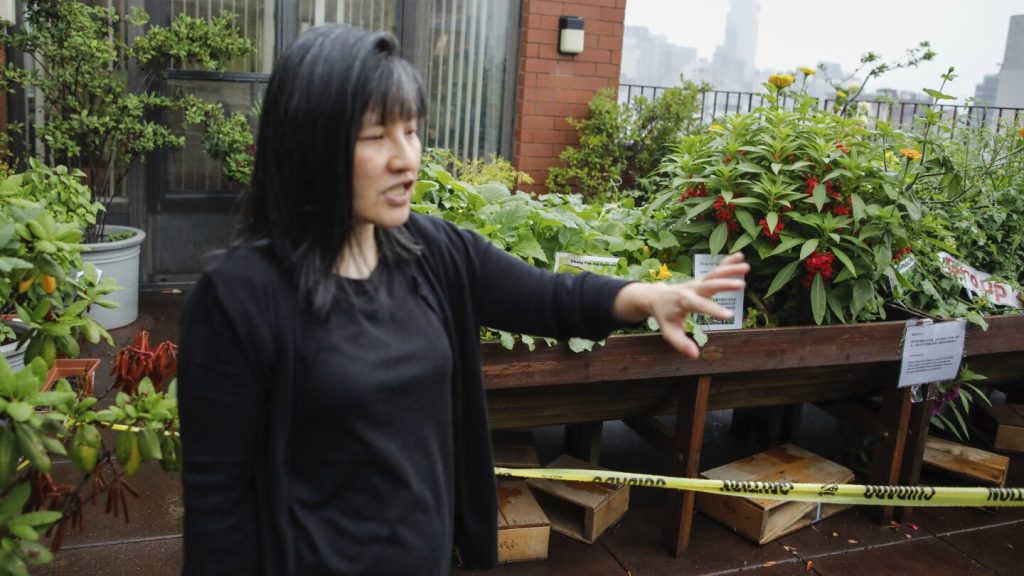The shooting death of Michael Brown in Ferguson, Missouri, a decade ago sparked a pivotal moment for Ellen Lo Hoffman, an assistant regional director for InterVarsity Christian Fellowship. She held a gathering at her home in Seattle, where Asian American employees discussed their role as allies to their Black colleagues. This event led to a renewed alignment with their Black coworkers and a commitment to stand together in solidarity. The events surrounding Brown’s death and the treatment of Black Lives Matter protesters prompted many Asian Americans, Native Hawaiians, and Pacific Islanders to reflect on their positions and take action to show their support.
Gregg Orton, the director of the National Council of Asian Pacific Americans, recalls that the summer of 2014 was a seminal time for the Asian American Pacific community. The deaths of Michael Brown and Eric Garner led to conversations and actions within the community to examine their stance on solidarity. Beatrice Chen, who organized a panel on race and police brutality after Brown and Garner’s deaths, noted the importance of creating spaces for dialogue and education. This period also saw younger Asian Americans engaging in conversations with their immigrant parents about the importance of these issues and translating concepts like ‘Black Lives Matter’ into Chinese.
The events of the past decade, including George Floyd’s murder and the rise in anti-Asian hate during the pandemic, have further galvanized Asian American and Pacific Islander communities to speak out and advocate for change. The Atlanta spa shootings in 2021 reignited advocacy efforts for AAPI representation, visibility, and safety. States have implemented legislation mandating AAPI history in K-12 education, and organizations like AAPI Data have been tracking socioeconomic data to reveal disparities among different subgroups. The push for better data disaggregation and the removal of outdated terminology show a growing awareness and advocacy for the AAPI community.
The response to COVID-19 and increased incidents of anti-Asian racism further solidified efforts within the AAPI community to organize and advocate for change. Younger activists within the community have pushed for immediate action, while older generations who have been doing the work for a long time move at a different pace. The push for change and the efforts to increase visibility and representation have brought different generations together to work towards a more inclusive and equitable society. There is still ongoing reflection and growth within the community as they strive to address systemic issues and work towards meaningful change.
Overall, the events surrounding the Ferguson uprising and subsequent movements have sparked a wave of activism and reflection within the Asian American, Native Hawaiian, and Pacific Islander communities. The experiences of the past decade have highlighted the importance of solidarity, allyship, and advocacy for all marginalized communities. By continuing to speak out and take action, these communities are working towards a more just and equitable society for all. There is a recognition of the ongoing work that needs to be done and a commitment to continue pushing for change and combating systemic injustices.


